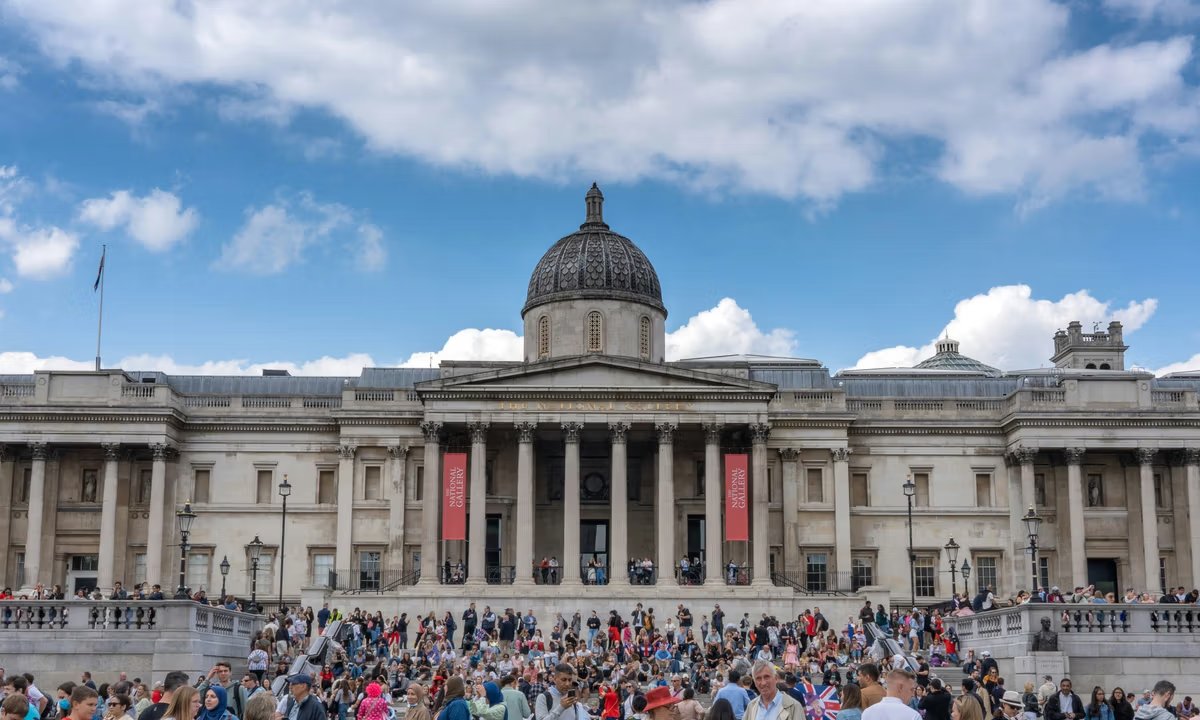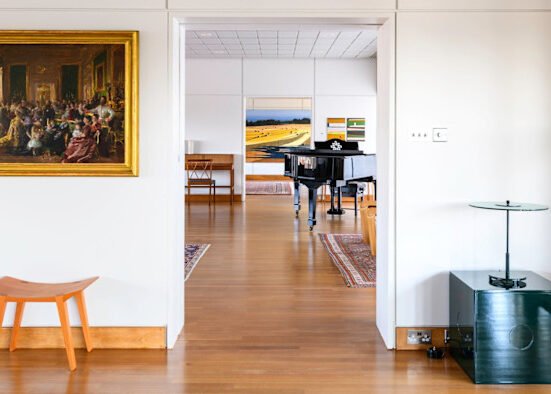The UK government’s plans to give English mayors new powers to levy tourist taxes have been cautiously welcomed by culture sector professionals, who say that revenue raised from the new tax should go towards supporting arts and culture.
Under the plans, which were announced yesterday, any new levy would apply to visitors at accommodation providers including hotels, holiday lets, bed and breakfasts, and guesthouses, says a statement from the Ministry of Housing, Communities and Local Government. The rate will be subject to consultation but is expected to be applied at around £2 per night. England’s mayors will be able to invest in transport, infrastructure, and the visitor economy, adds the ministry.
“This valuable new income source should not be squandered on pet political projects but ensuring that UK creative bodies have the infrastructure and resources to succeed,” says Tristram Hunt, the director of the Victoria and Albert Museum.
Hunt adds that this is “hugely welcome news” from Chancellor Rachel Reeves, who delivers her budget for the UK later today, which will bing British cities into line with their international competitors.
“I would support a percentage levy, rather than flat rate charge. It is essential that mayors now commit to supporting the cultural institutions—museums, galleries, festivals, and performances—that drive international tourism to London, Manchester, Edinburgh and elsewhere,” he says.
The new levy, according to the independent think tank Cultural Policy Unit (CPU), could generate more than £1.2bn a year to support cultural and regional growth across the country. In a statement ,the CPU caveats that “the funds raised must be additional to existing local government funding, to make a real impact on people’s lives across the country”.
Crucially, a CPU report published in March, entitled “A City Tourism Charge: The Case for a Progressive Levy on Overnight Visitor Accommodation”, argues that the levy should be ring-fenced for cultural infrastructure and placemaking, encompassing major cultural attractions, museums and libraries, and creative districts in cities and towns. “By targeting a percentage-based levy, which the CPU proposed at 3% to 5%, the policy also ensures that all types of tourism accommodation are included, and that higher-end accommodation contributes more, making the system progressive and equitable,” the report states.
Alison Cole, the director of the Cultural Policy Unit and the former editor of The Art Newspaper, said that a tourist charge on hotels and other overnight accommodation—“a small sum added to visitors’ bills”—could be as transformative for culture as the UK National Lottery, which has raised more than £50 billion for good causes since its launch in 1994.
Andy Burnham, the mayor of Greater Manchester, meanwhile said that nearly two million visitors to the city each year contributes around £9bn to the local economy annually, indicating that the extra funds would be spent on basic public services. He said: “The levy will allow us to invest in the infrastructure these visitors need, like keeping our streets clean and enhancing our public transport system through later running buses and trams, making sure every experience is a positive and memorable one.”
The mayor of the Liverpool City Region, Steve Rotheram, has stressed that the new tourist tax will provide ring-fenced funding to support cultural events. “A modest levy could raise up to £17m annually; money that would stay local and be reinvested in the things that make our region stand out: our world-class culture, iconic events, vibrant public spaces and the infrastructure that ties it all together,” he said in a statement.
Liverpool currently has a form of tourism tax operated under the city’s Accommodation Business Improvement District scheme which runs until December 2027. The new levy, which will apply to the entire city region and Airbnb properties, will be introduced after that date. Sadiq Khan, the mayor of London, said meanwhile that the extra funding would help to “cement [the capital’s] reputation as a global tourism and business destination”.







